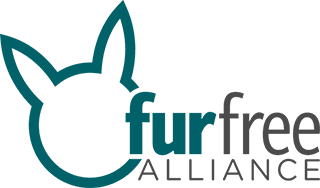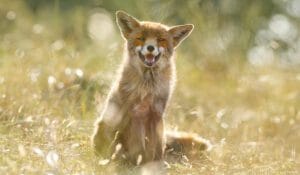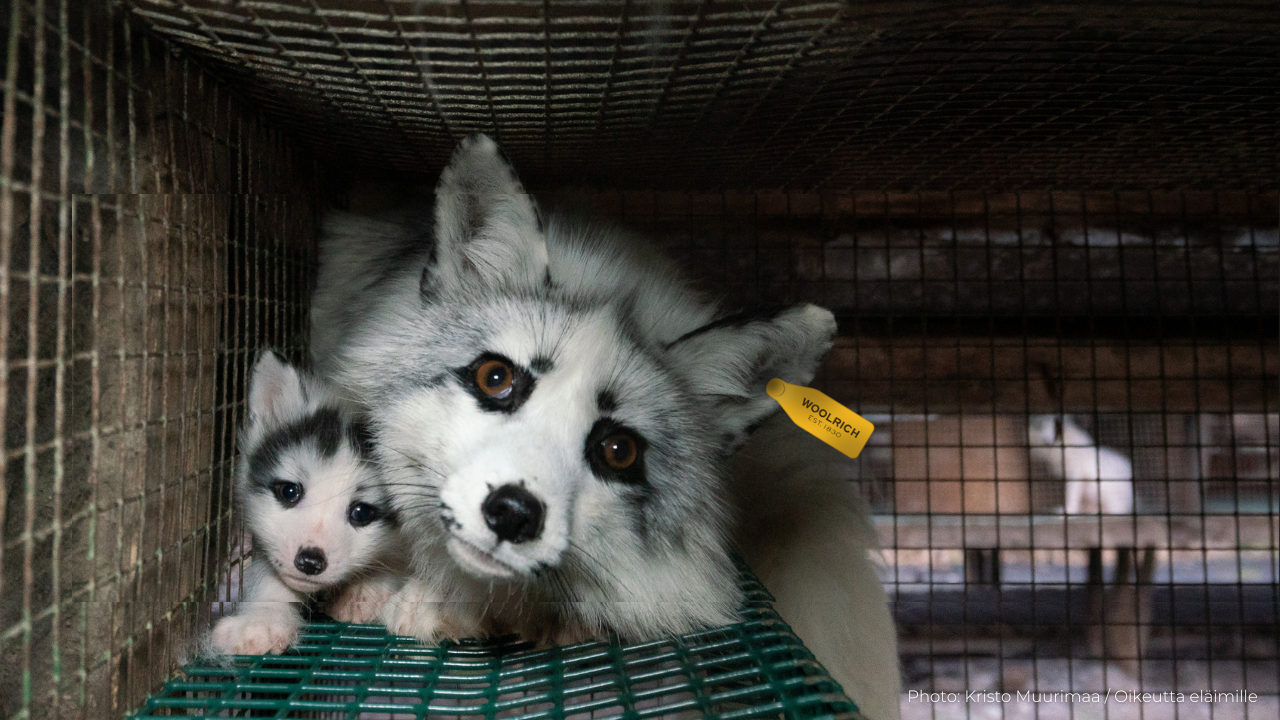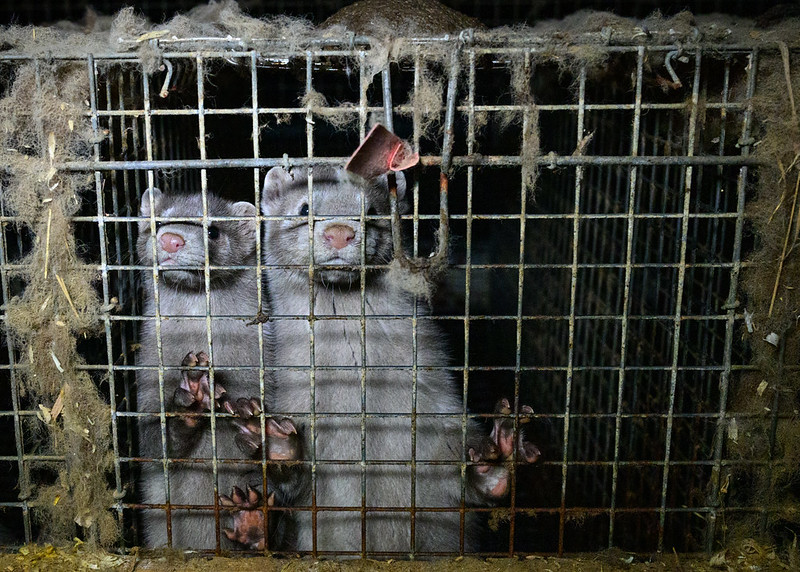
Switzerland rejects fur lobby influence
Switzerland has taken an important step towards a future without cruelly produced fur. On 17 September 2025, the Swiss National Council voted overwhelmingly in favour of a strong counterproposal to the Fur Import Ban Initiative. This move rejects attempts by the fur lobby to legitimise their own labels as a guarantee for animal welfare standards in fur production and keeps the country on track for one of the toughest fur import and trade bans in the world.
From initiative to parliamentary action
Earlier this year, the debate began with a popular initiative calling for a constitutional ban on the import of fur produced with methods considered cruel in Switzerland, such as cage farming or electrocution. The Federal Council (government) opposed enshrining such a ban in the constitution, and instead presented an indirect counterproposal in the form of an amendment to the Animal Welfare Act.
This proposal went further than the original initiative by also prohibiting the domestic trade of cruelly produced fur. However, the preparatory commission adopted an exception for ‘internationally certified fur’ backed by industry labels such as WelFur, Saga Furs or Furmark, which would have effectively meant that the fur industry itself would determine whether fur could be imported into Switzerland. These schemes are created and overseen by the fur industry itself, and repeated investigations have shown that they fail to prevent systemic animal suffering.
September 2025: National Council rejects industry loophole
When the watered-down proposal became public, Swiss animal protection organisations, including FFA member Schweizer Tierschutz STS, immediately sounded the alarm. They informed parliamentarians that industry certificates cannot guarantee animal welfare and urged them not to give in to lobbying pressure.
On 17 September, the National Council sided with the animal welfare groups. The Council adopted the strong counterproposal, without accepting existing industry labels. The decision means that Switzerland is set to ban both the import and trade of fur produced through animal cruelty, and retailers will be obliged to prove that their products comply with Swiss animal welfare standards. Andrina Herren, wildlife ecologist at Schweizer Tierschutz STS is satisfied with the result:
“The National Council has taken a landmark step by approving a clear counterproposal to the Fur Initiative, despite the commission majority’s recommendation. This paves the way for a ban on fur and fur products produced under cruel conditions and marks an important advance for Switzerland, sending a strong message in support of animal welfare worldwide.”
What happens next
The legislative process is not yet complete. The counterproposal now moves to the Council of States (Ständerat), which will vote in the coming months. If adopted, Switzerland will introduce one of the strictest fur import and trade bans in the world. The regulatory import ban already adopted in May 2025 will come into force in July 2027, but a clear parliamentary majority now supports embedding the ban into law, a stronger and more permanent solution.
A signal to the rest of Europe
For the Fur Free Alliance, this development is both a national victory and a European signal. Switzerland has shown that governments can resist industry pressure and close loopholes that undermine animal welfare. This comes at a crucial time for the European Union: within months, the European Commission will present its response to the successful Fur Free Europe citizens’ initiative. Switzerland’s decision demonstrates that it is possible to choose for animal welfare.
The Fur Free Alliance warmly congratulates Swiss animal protection organisations VIER PFOTEN, Tier im Recht, Zürcher Tierschutz and Schweizer Tierschutz SWS on this result and will continue to support them as the debate moves to the Council of States.




